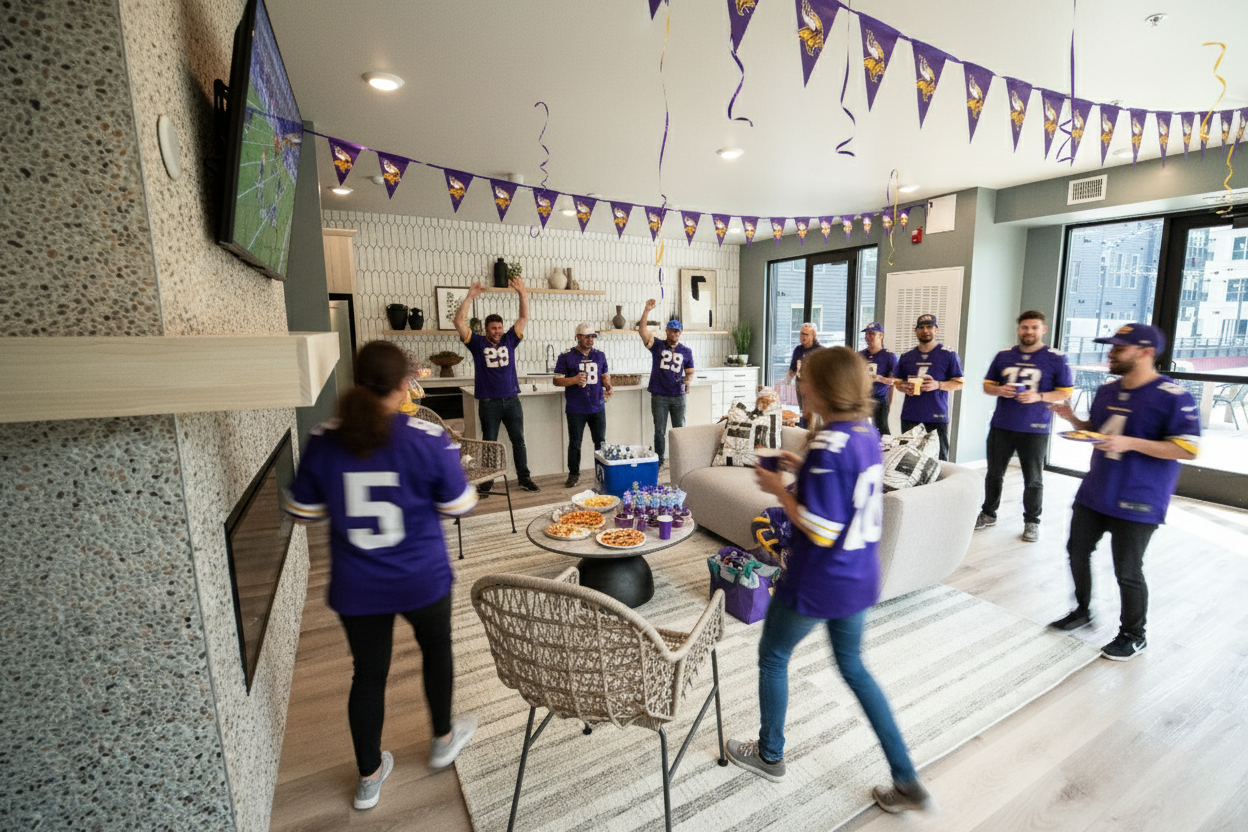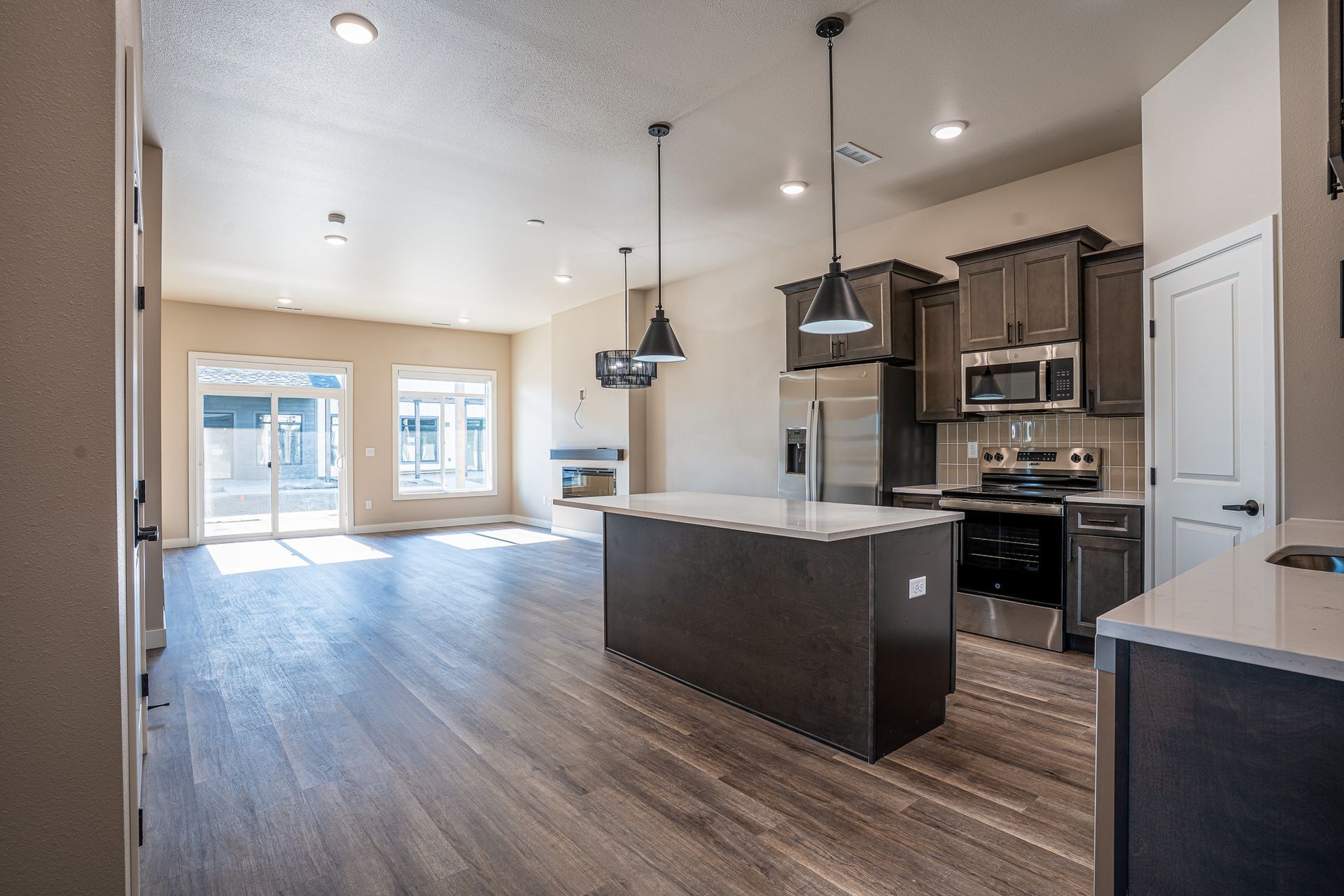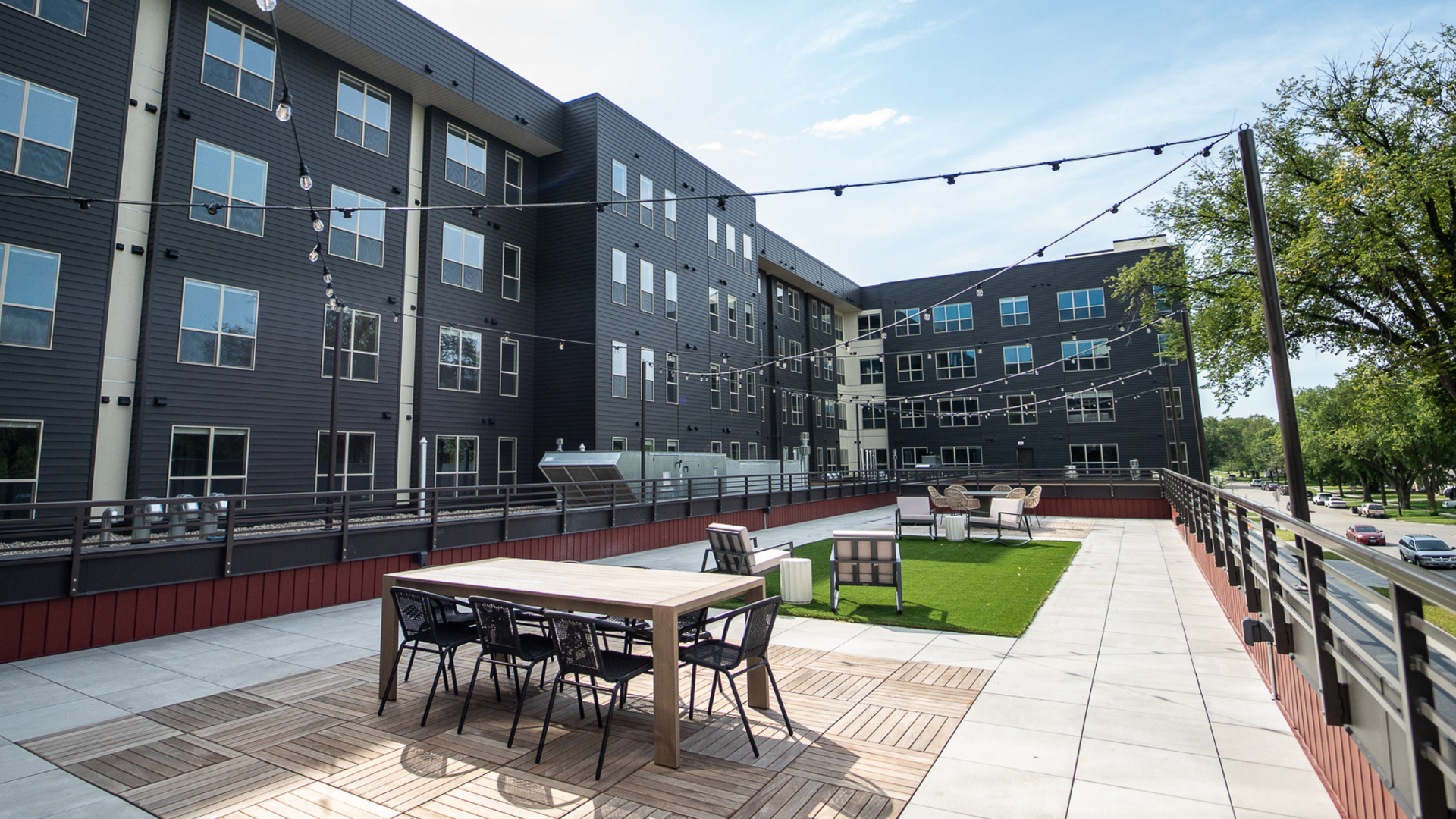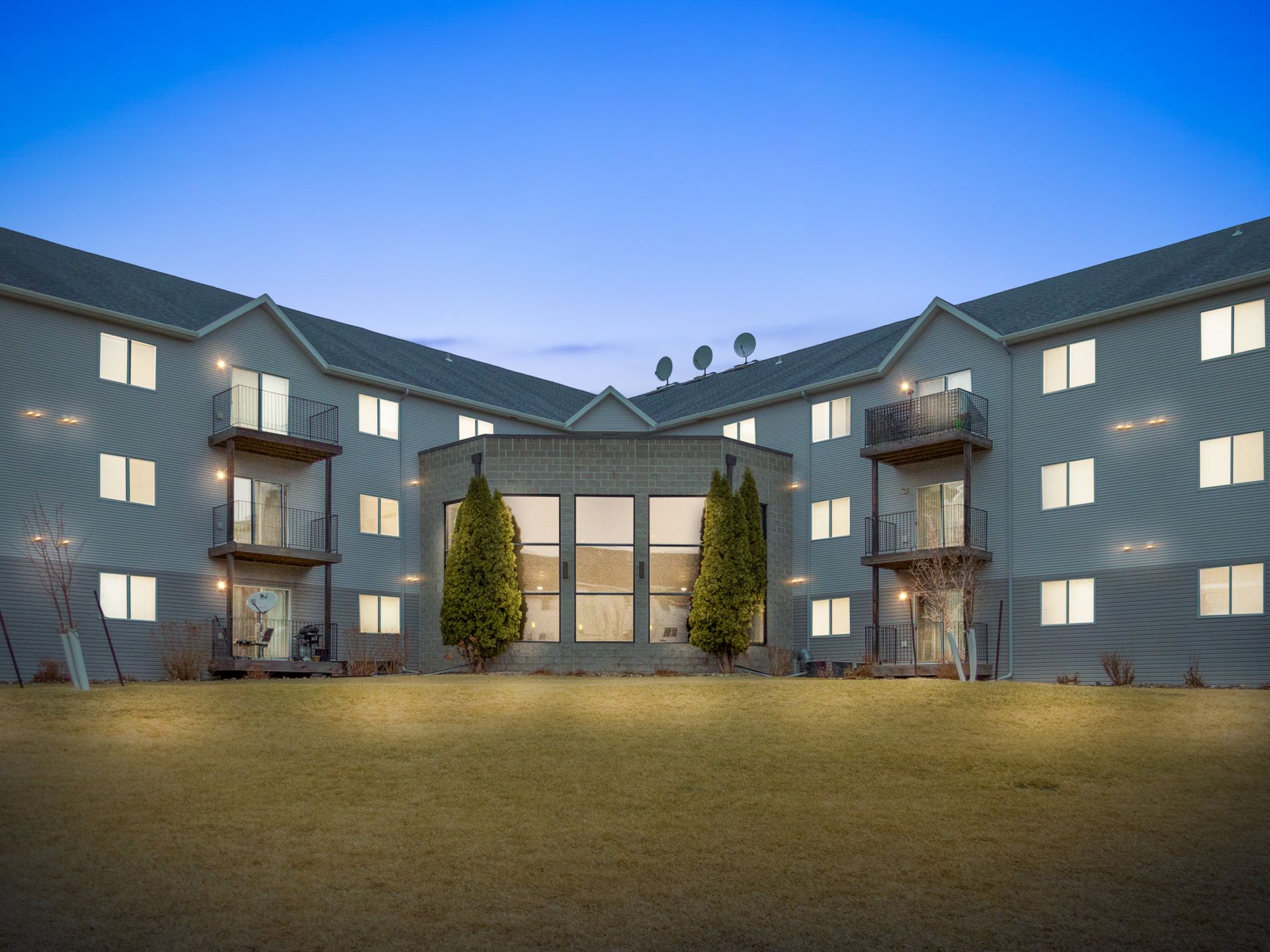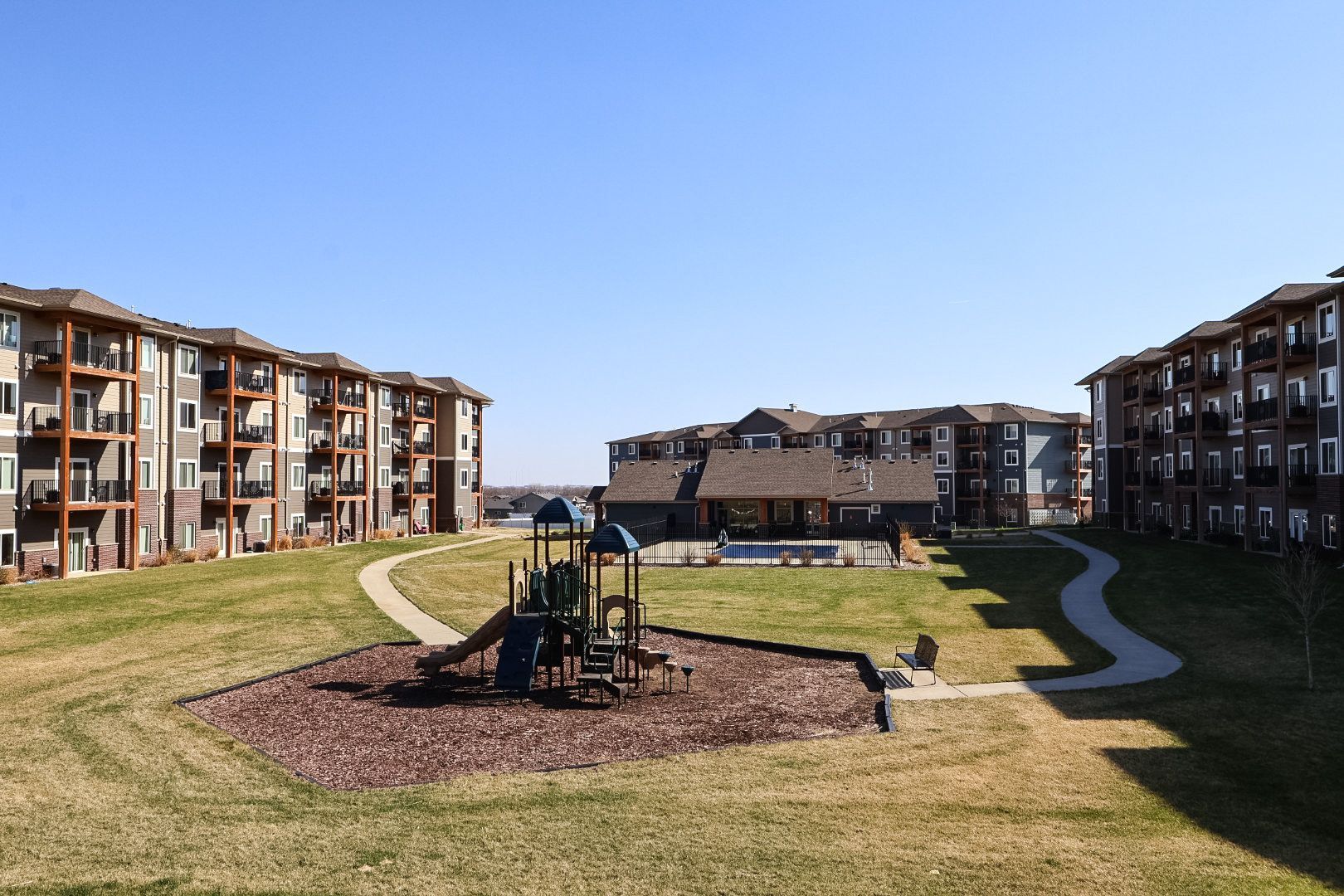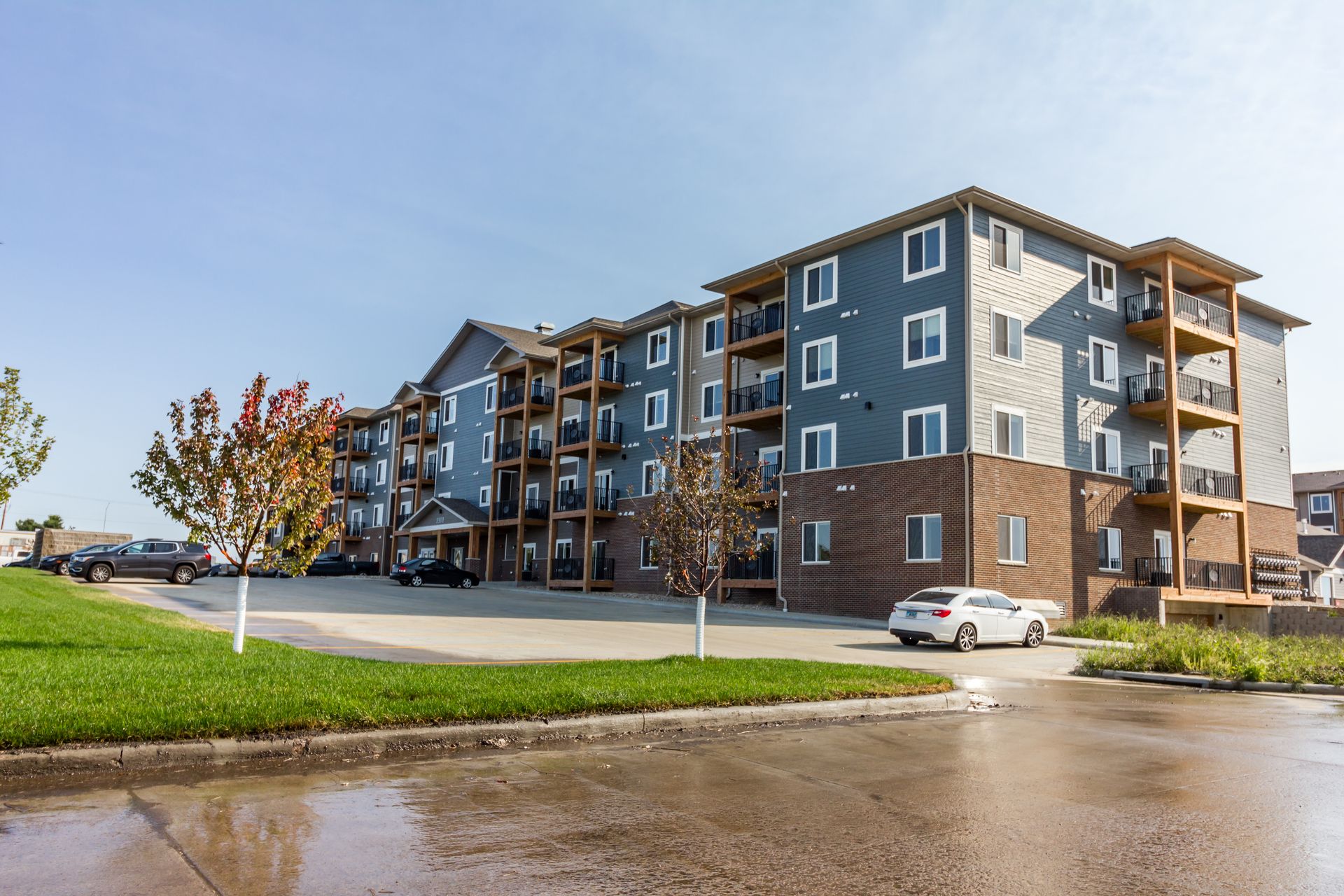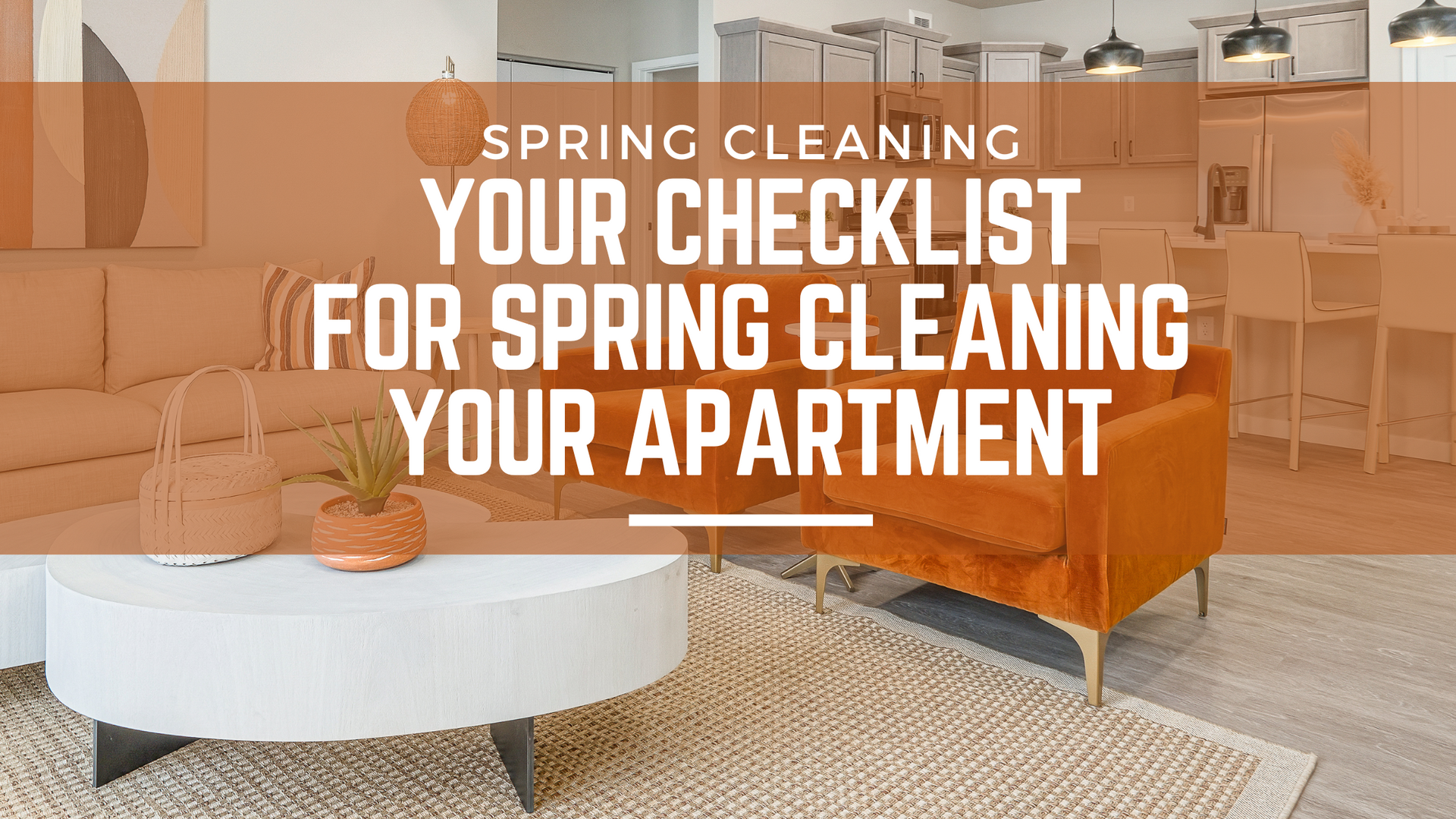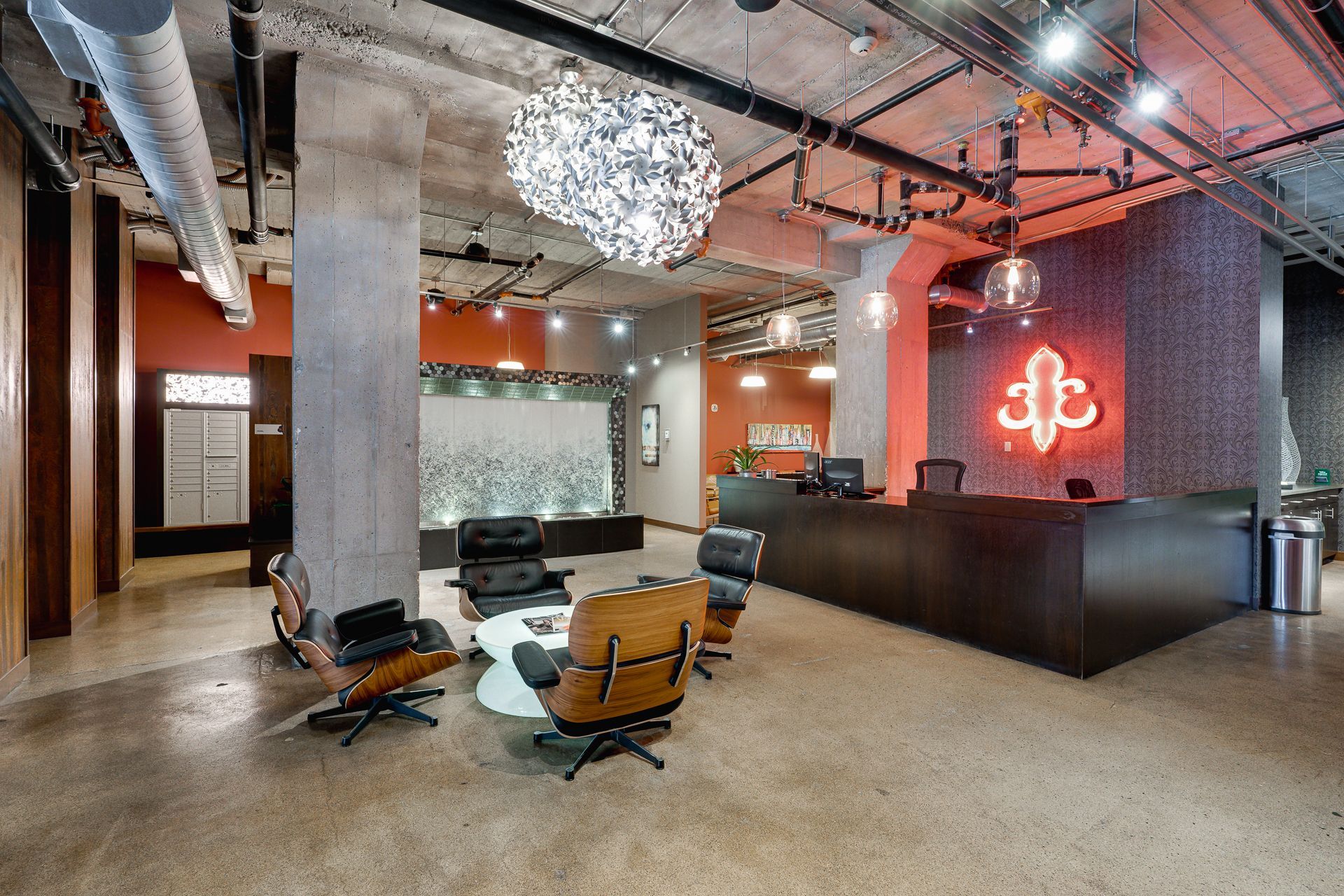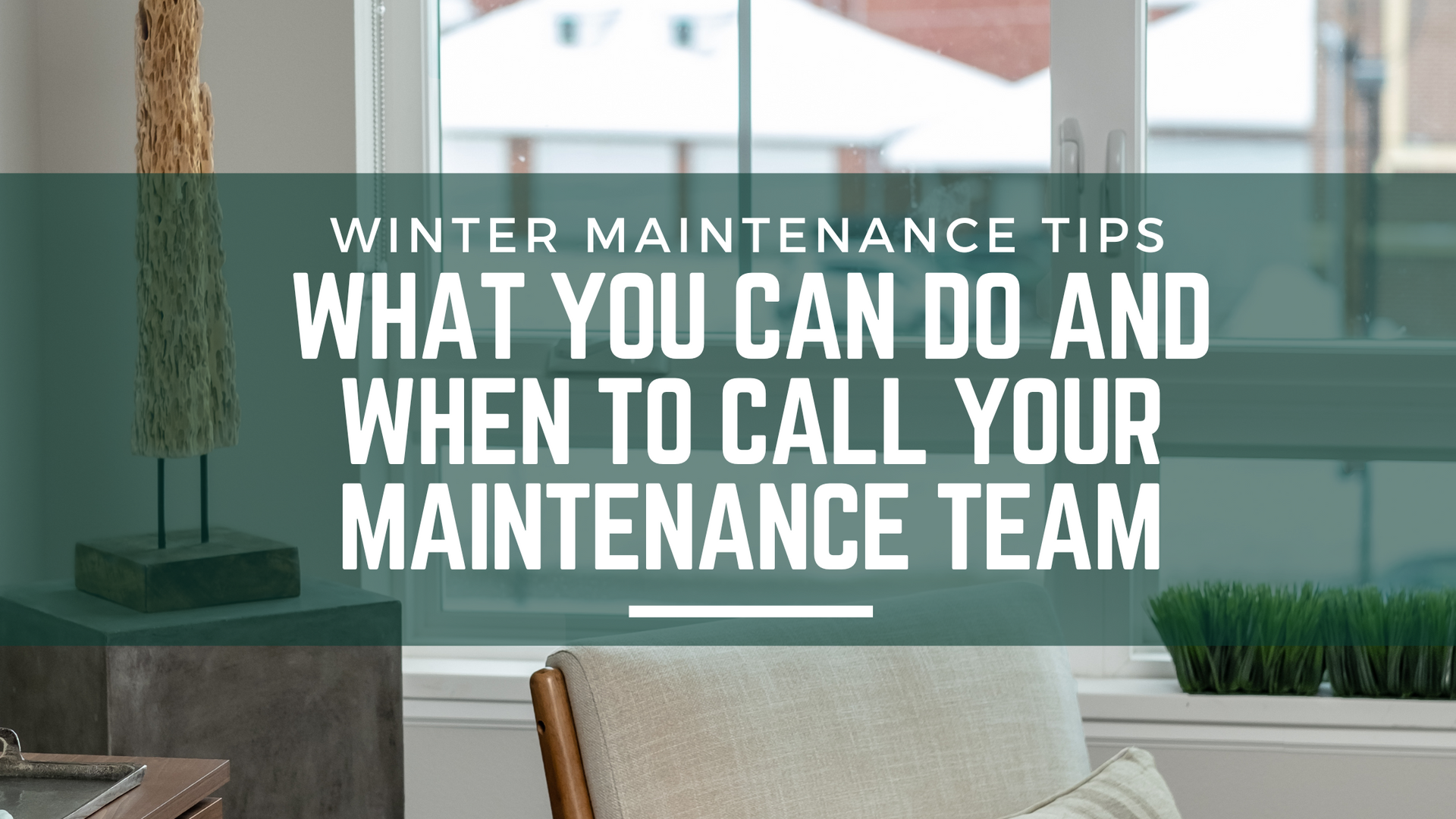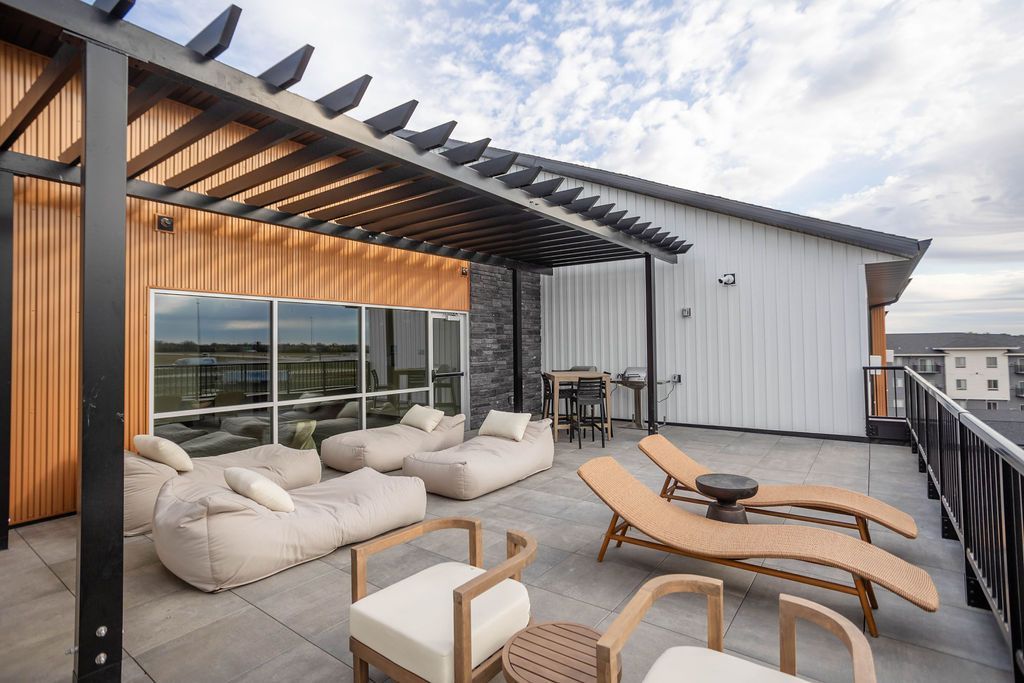CONTACT US
Need to get in touch?
Search for an office location nearest to you!
Interested in renting an apartment?
View our current vacancies and apply online!
SEARCH BY CITY
Billings, MT
Colton Heights and Harvest Granger Community Office
3538 Monad Rd.
Billings, MT 59102
harvest@liveatcollective.com
- Colton Heights
- Harvest Granger
Farmstead Community Office
4427 Altay Dr.
Billings, MT 59106
Farmstead@liveatcollective.com
- Farmstead Apartments
- Farmstead Townhomes
Fargo, ND/Moorhead, MN
BLOC Community Office
bloc@liveatcollective.com
- BLOC
Dakota Park Community Office
3001 34th Ave S
Fargo, ND 58104
701.412.2080
Dakotapark@liveatcollective.com
- Dakota Park
West Fargo Community Office
westfargo@liveatcollective.com
- Pioneer Place
- Sheyenne Plaza
- The Firm
Whispering Creek Community Office
2651 Whispering Creek Circle
Fargo, ND 58104
WC@liveatcollective.com
- Whispering Creek (55+ property)
- Crystal Creek Place Apartments
- Crystal Creek Apartments
Southport Heights Community Office
3620 42nd St. S.
#100 Fargo, ND 58104
Southport@liveatcollective.com
- Apartments at Oakwood
- Archway Apartments
- Burlington Apartments
- Circle E Apartments
- Gateway Circle Apartments
- Southport Heights Apartments
- Southwood Townhomes
- The Teddy
Dakota Drive Community Office
1704 Dakota Drive North
#104 Fargo, ND 58102
Dakota@liveatcollective.com
- Briarwood Apartments
- Cathedral Lofts
- Dakota East and West Apartments
- Pershing Park Apartments
- Edgewood Arms Apartments
- Park Place West Apartments
- Westport Apartments
- Stevens Apartments
- Ivy Gardens Apartments
- Rockford Apartments
Mandan, ND
Mandan Community Office
4201 21st Street SE
Mandan, ND 58554
Mandan@liveatcollective.com
- Dwell at Lakewood
- Highland at Lakewood
- Lakewood Crossing
- Silver Lake Apartments
Minneapolis, MN
Minneapolis Community Office
ElseWarehouse
730 Washington Ave N
Minneapolis, MN 55401
elsewarehouse@liveatcollective.com
Rapid City, SD
Rapid City Community Office
10Bedrock
545C Northern Lights Blvd
Box Elder, SD 57719
10bedrock@liveatcollective.com
Sioux Falls, SD
Sioux Falls Community Office
Huntington Village
3600 S Grand Slam Ave
Sioux Falls, SD 57110
huntingtonvillage@liveatcollective.com
Watertown, SD
Watertown Community Office
The Plains
1631 4th Street NE
Watertown, South Dakota 57201
watertown@liveatcollective.com

